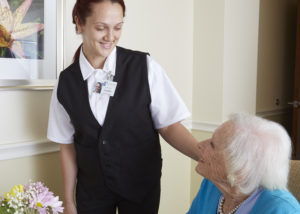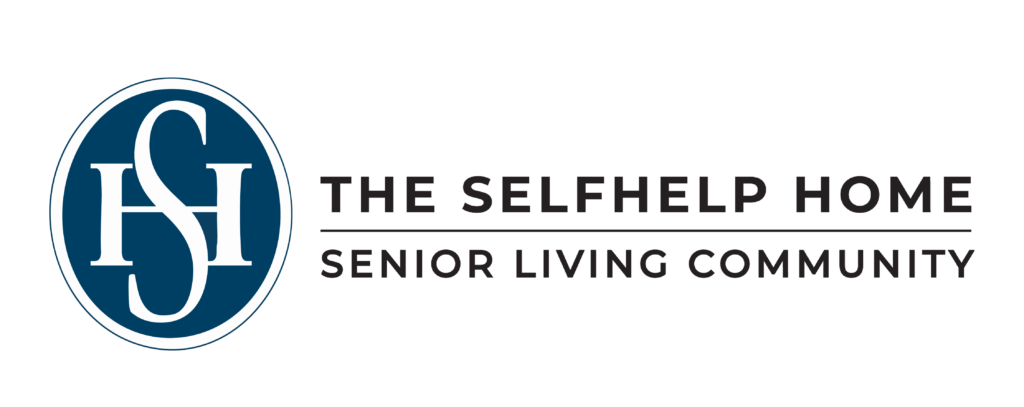 Whether you live just one hour away or across the country, when an elderly or ill loved one needs assistance, the role of caregiver takes on new meaning and there may be challenges to overcome.
Whether you live just one hour away or across the country, when an elderly or ill loved one needs assistance, the role of caregiver takes on new meaning and there may be challenges to overcome.
Aside from providing hands on care, there are other aspects of caregiving that are equally as important and ways you can contribute even though you are far away:
- Provide help with finances, money management, or bill paying
- Assess the home for safety concerns such as throw rugs that can be a fall hazard or dim lighting
- Coordinate transportation to doctor’s visits, hair appointments and other regular outings
- Correspond regularly with the person needing care through phone calls, texts and/or emails to stay connected and to let them know you are there to listen
- Arrange for in-home care—hire professional caregivers or home health or nursing aides and help obtain adaptive medical equipment such as a walker, shower chair, commode, etc.
- Research assisted living centers, skilled nursing homes or communities where all levels of care are provided as an alternative to home care or if health care needs change.
- Provide emotional support or occasional respite care for the primary caregiver who has taken on most of the everyday caregiving responsibilities
- Serve as an information coordinator—research health problems, medications, and clarify insurance benefits and claims
- Keep family and friends updated and informed about the person’s condition
- Consider using technology to communicate and see monitor what is happening at the person’s home. There are caregiving apps available that allow long-distance caregivers and their sick loved ones to keep track of appointments and medications with pre-set reminders or alarms. Cameras can allow long-distance caregivers to see a loved one from his or her phone and monitor activities or status from far away. Medical on-call systems, some offered through local hospitals, can assist if something happens and the caregiver is not on site.
- Create an emergency plan and gather necessary paperwork in one place in case the individual’s condition changes quickly or unexpectedly. Gather documents into a folder including advance directives, healthcare power of attorney, health insurance cards/policy, birth certificate, Social Security card, the person’s will and a list of his/her medications.
- Keep a separate folder with paid medical bills in case there is a question or mistake in billing. You will need the account number and other information on the bill and these documents will be necessary at the end of the year for tax purposes.
Visit as often as you can; not only might you notice something that needs to be done and can be taken care of from a distance, but you can also relieve the primary caregiver for a short time. Learn what you can about the person’s illness so you can better understand the course of the illness, prevent crises and assist with healthcare management.
You might consider hiring a geriatric case manager to assist, especially if there are no close family members or friends to provide daily assistance. The case manager can provide updates, help guide decision-making around healthcare needs, schedule conference calls with doctors, the healthcare team and keep everyone up-to-date about the person’s health and progress. An independent advocate can help to oversee care and there are several resources, many of them free, offered through the Illinois Department on Aging.
Most importantly, while distance may separate you from your loved one, you can close the gap by communicating frequently and finding different ways to provide assistance and support.

